This Valentine’s Day, get acquainted with the organ that goes pitter-patter and ka-thunk, ka-thunk. The heart.
A Tiny Ticker
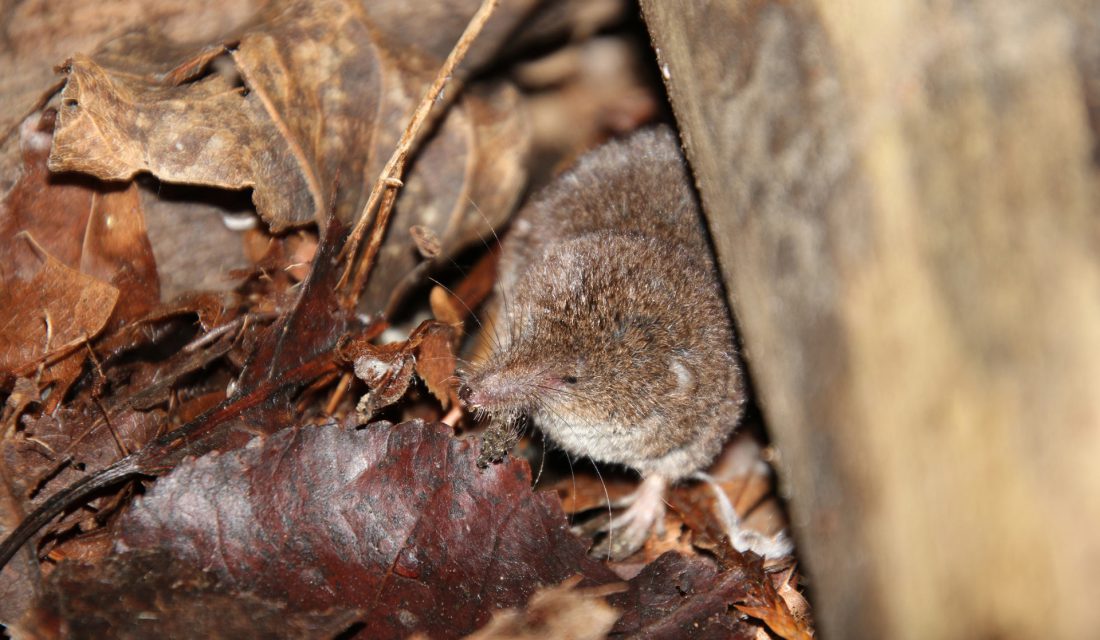 It makes perfect sense that a tiny mammal would have a tiny ticker. And shrew species are tiny – the pygmy shrew is so wee that it can fit on a human thumbnail. How adorable! But such a small body means that a shrew’s heart has to work overtime to keep this small mammal moving. This little guy’s heart beats 1,300 times a minute!
It makes perfect sense that a tiny mammal would have a tiny ticker. And shrew species are tiny – the pygmy shrew is so wee that it can fit on a human thumbnail. How adorable! But such a small body means that a shrew’s heart has to work overtime to keep this small mammal moving. This little guy’s heart beats 1,300 times a minute!
A Heart as Big as All Outdoors
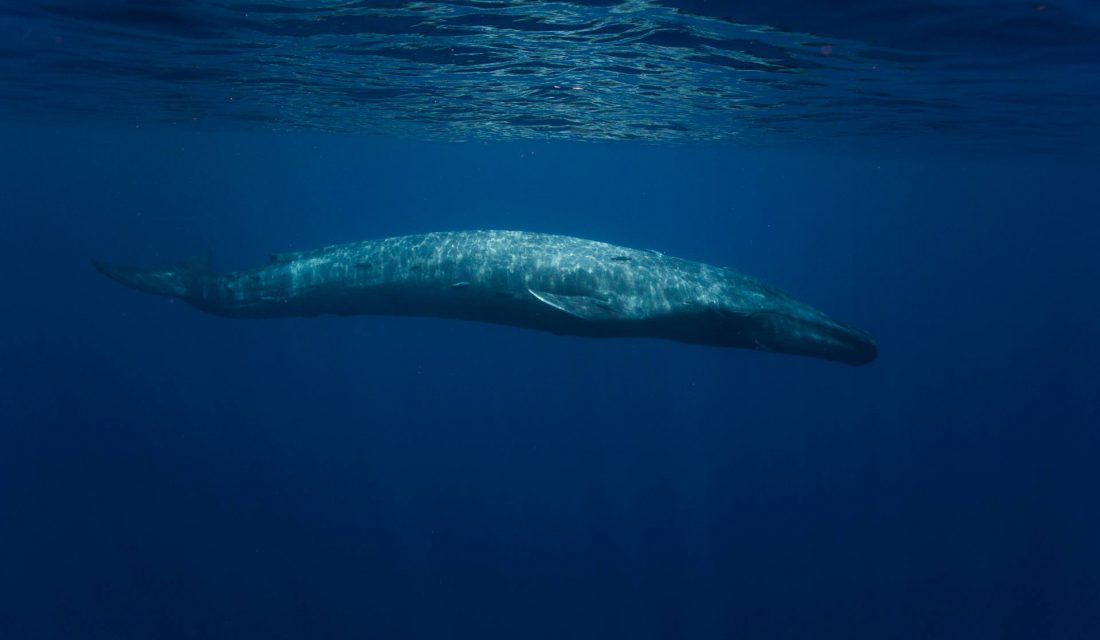 The blue whale is the world’s largest mammal; it can grow up to 30 metres long and weighs approximately 64,000 kilograms. With such a hefty body, it requires a heart to match. And match it does! It’s as big as a car! Yep. You read that right. A blue whale’s heart weighs 590 kilograms, and that massive organ works day in and day out pumping the mammal’s blood – all seven tons of it.
The blue whale is the world’s largest mammal; it can grow up to 30 metres long and weighs approximately 64,000 kilograms. With such a hefty body, it requires a heart to match. And match it does! It’s as big as a car! Yep. You read that right. A blue whale’s heart weighs 590 kilograms, and that massive organ works day in and day out pumping the mammal’s blood – all seven tons of it.
Three Hearts Are Better Than One
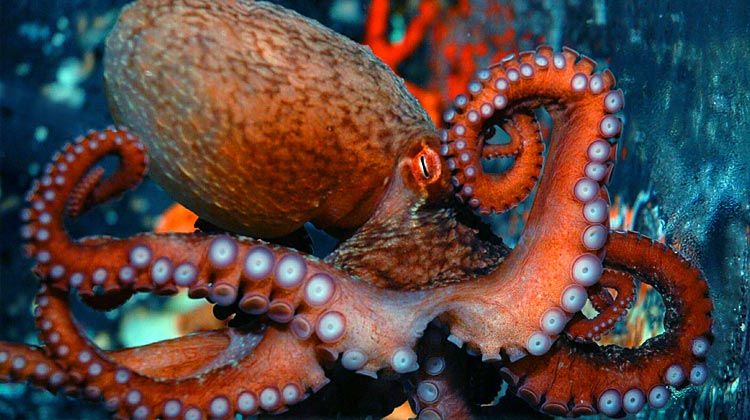
Along with sporting eight arms, octopuses also boast three hearts. Two smaller hearts pump blood to the gills and oxygen-rich blood back to the main, systemic heart. These invertebrates need all three hearts to keep their blood pressure in check while they swim at high speeds to catch prey.
Minus a Muscle
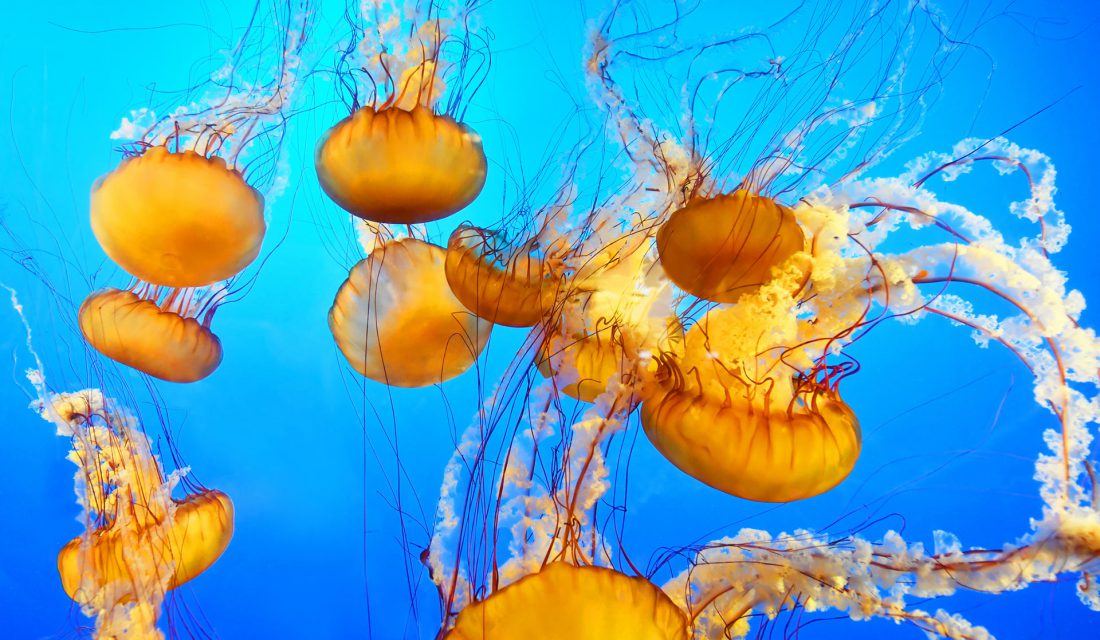 While some ocean dwellers may boast three hearts, others have none. Jellyfish, which have swum our oceans for 650 million years, have no heart – or brain for that matter! These invertebrates are made up of 90 per cent water. How do they function? By relying on a nerve “net,” which senses their surroundings – as well as the food they’re after and the predators after them.
While some ocean dwellers may boast three hearts, others have none. Jellyfish, which have swum our oceans for 650 million years, have no heart – or brain for that matter! These invertebrates are made up of 90 per cent water. How do they function? By relying on a nerve “net,” which senses their surroundings – as well as the food they’re after and the predators after them.
Be Still My Heart
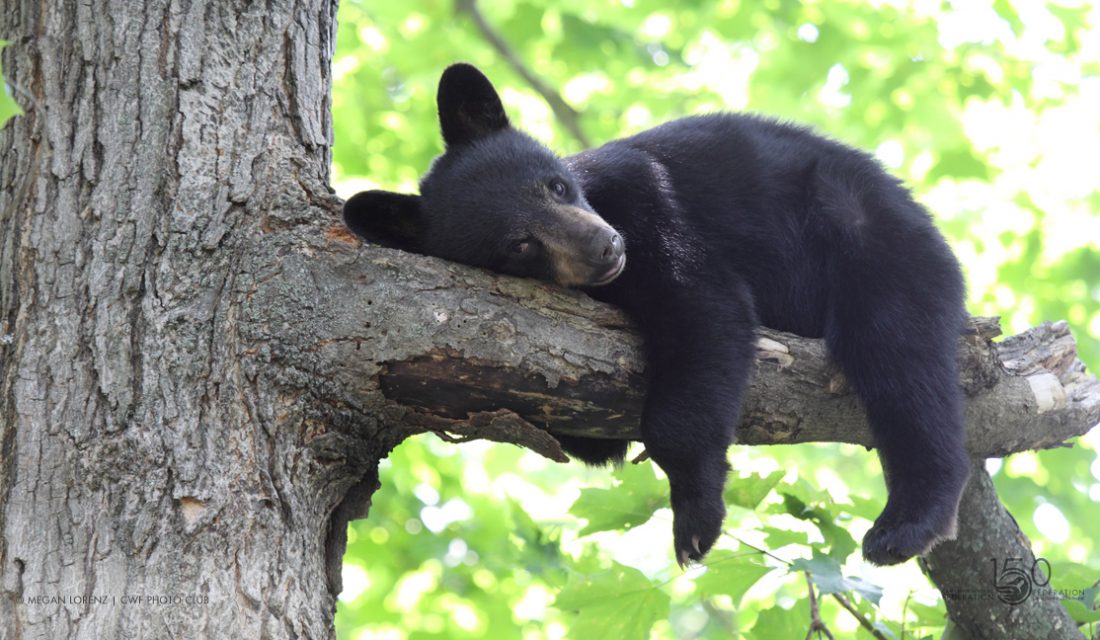 When animals go into hibernation, their heartbeat slows by 75 per cent. Recently researchers were able to monitor black bears during their hibernation. It seems that during a black bear’s seven-month slumber, its heart beats only once every 20 seconds, and its metabolic rate slows down by 75 per cent. Now that’s a deep sleep.
When animals go into hibernation, their heartbeat slows by 75 per cent. Recently researchers were able to monitor black bears during their hibernation. It seems that during a black bear’s seven-month slumber, its heart beats only once every 20 seconds, and its metabolic rate slows down by 75 per cent. Now that’s a deep sleep.
A Mile a Minute
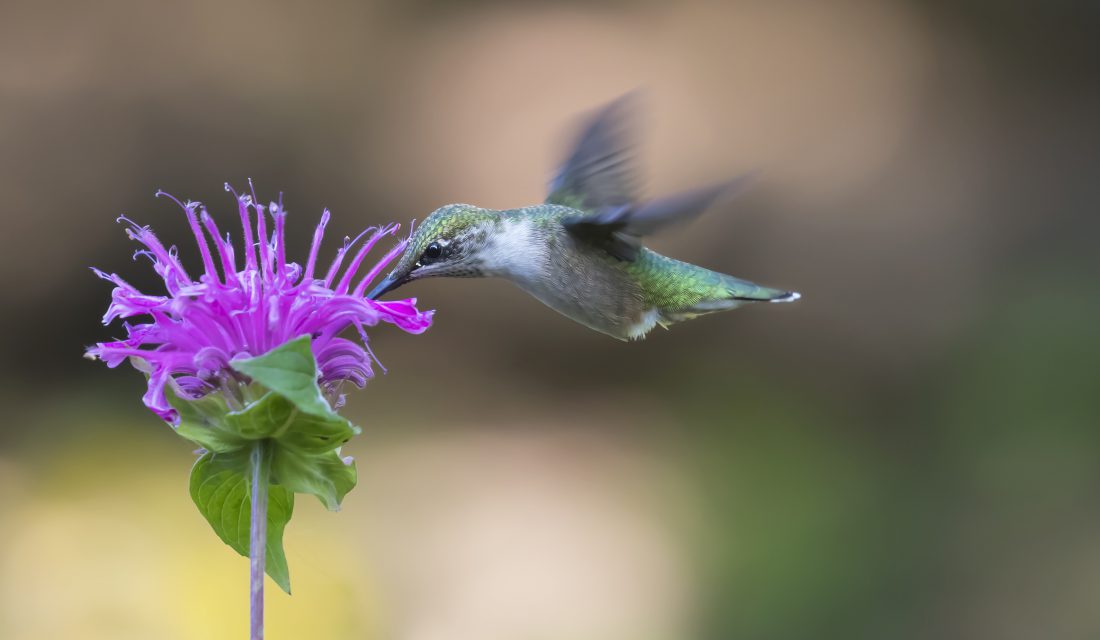
To keep its wings working at 6,000 flaps a minute, the hummingbird has a heart rate of over 1,000 beats per minute. When the sun goes down, these itty-bitty birds save energy by falling into a deep sleep, during which their heart rates slow to just 50 to 180 beats per minute.





